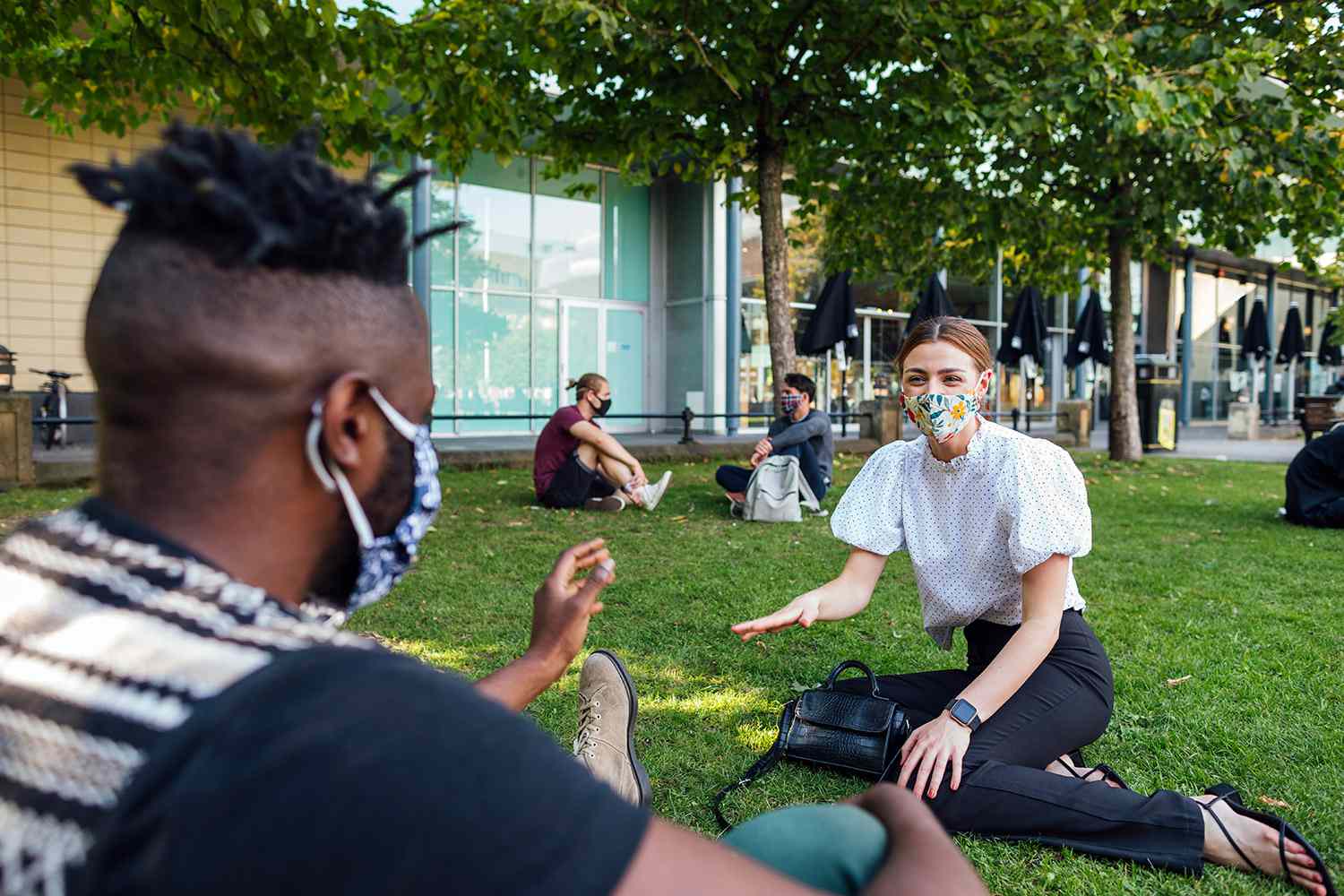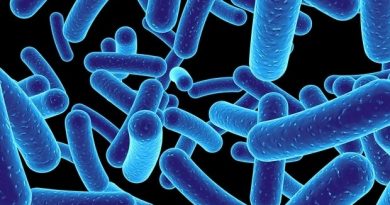How to Manage Seasonal Allergies as Americans Spend More Time Outdoors During the COVID Pandemic

With the arrival of the second pandemic spring, Americans are once again spending more time outside as a way to see friends and enjoy the warmer weather while trying to stay safe from COVID-19. But all that outdoor time can be tough on allergy sufferers, who often deal with watery eyes, congested noses and pounding headaches without symptom management.
"I'm getting a record number of calls now. We're seeing more people than ever," says Dr. Clifford Bassett, a New York City-based allergist at NYU Langone. In addition to hearing from those preparing for the spring allergy season, Bassett is also getting calls from people who are dealing with more indoor allergens as they spend more time at home — often with new pets. Still other patients are inquiring about allergies from the COVID-19 vaccine.
Bassett says that spring 2021 is shaping up to be a tough season for traditional allergy sufferers.
"It's going to be a pollen surge this year, because in the Northeast and throughout the country, we had lots and lots of winter precipitation, which primes the pump as far as the root systems on trees and pollinating plants. And on top of that now we have some warming weather," he says. "So they're ready to release their pollen."
In most of the U.S. — but particularly the Northeast — springtime tree pollen is the first to hit, followed by grass pollen. "That goes right into the summer, and we are immediately stuck with weed pollen, mold spores during the summer as humidity heats up, and then finally towards the mid to the end of the season ragweed pollen, which takes you all the way through with some of the weeds and molds until the first frost," Bassett says.
As the pollen count rises, Bassett says the first step is to prepare the nose with allergy medications. He advises working with an allergist to determine the best types for your specific triggers.
"Proactive care reduces needless symptoms, reduces the amount of medications, and many times in my patient population, more than a third of the time, I can actually prevent early symptoms before they even begin," he says. Often, over-the-counter antihistamines will work well, as long as they are taken long before you step outside.
"If you wait until you have extreme nasal symptoms, such as severe congestion or swelling inside the nasal passages, people will think that they need to switch medications. And it fact, it's really not that your antihistamine isn't working, it's that you didn't start early enough with your allergy treatment."
Along with medications, there are a few practices that can minimize allergy symptoms. Bassett recommends getting a HEPA air filter for your home, as well as not drying clothes outside, where they can pick up pollen.
And don't forget your fashion accessories. "One of my tips is to be a star — oversized, wraparound sunglasses can block the airborne pollen from entering your eyes and eyelids and cause redness, watery eyes or puffiness," he says. Bassett also suggests wearing a hat, as well as staying away from hair gels that can trap pollen.
"And when you go back home at night, wash your hair to try and remove some of the excess pollen, because otherwise it goes right on the pillowcase," he says. "Some people even try not to change their clothing in the bedroom."
Masks are also helping people keep out the pollen, along with keeping out COVID-19. "We're finding that most masks actually prevent pollen from entering the nose," he says.
Allergies may be a nuisance but they are "manageable and treatable," Bassett says.
"I always tell people to do their allergy homework," he says. "By trying and modifying what medications you need and making smart choices, you can get fast, long-lasting relief and stop the suffering."
Source: Read Full Article



